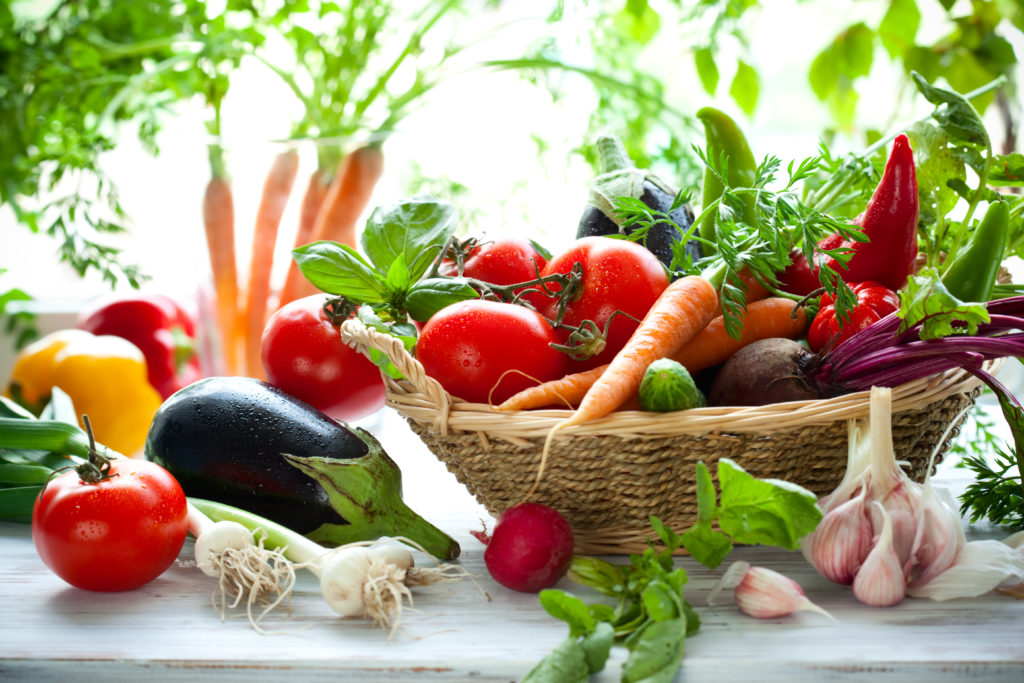Blog
Orthorexia – a new buzzword
Orthorexia. What do you think when you hear the term? Is it some functional disease unique to foot doctors or writers of novels? No. It is a new buzzword filling health circle discussions, coined to describe the obsession of ‘healthy’ eating by Dr Steven Bratman in 1997. Bratman used the term to assist patients in understanding that perceived healthy eating may actually be harmful, potentially leading to malnutrition or poor day-to-day functioning,(3)(4) possibly stemming from a need for control, similar to that of obsessive-compulsive disorder.(4)
Orthorexia nervosa shares traits similar to the eating disorder anorexia nervosa. This includes obsessing over weight, obsessing over food (and calories), and punishing oneself when temptation wins. However, there is a distinct difference between the two. Anorexia nervosa exhibits a limitation of all foods, whereas orthorexia nervosa follows a ‘healthy’ diet restricting ‘unhealthy’ foods.(3) Though what these foods are is subjective and can vary.
Yet to be classified
Eating disorders, among other mental health conditions, are described in the mental health one-stop-shop reference tool, the DSM-V (Diagnostic and Statistical Manual of Mental Disorders – 5th edition). Orthorexia is yet to be officially defined and described in the manual, and clarification is needed (7) as there is the inherent issue that without diagnosis, a practitioner is not able to offer appropriate treatment and support.
Its important to note, and this often gets overlooked when the term is bandied around in the media, that even Bratman admits it isn’t based on any scientific research but was based on his experiences of living in a ‘hippie’ commune in the 70’s. A group of Italian researchers took his observations and developed a ‘questionnaire’ device for measuring the condition but this has received some criticism as it asks participants to tick boxes to explain what they believe to be healthy or unhealthy food. A study of 392 dieticians showed orthorexia occurred frequently, and a German study of 1029 participants aged between 19 and 70 also revealed 70% to have orthorexia using the same method.(5,6) So, whilst much research is underway to establish diagnostic criteria, and a place for orthorexia nervosa as a distinct condition,(2,8) perhaps we should just ease back on our liberal use of the word for now.
Currently, criteria proposed to meet a diagnosis of orthorexia includes “obsessive focus on “healthy” eating, as defined by a dietary theory or set of beliefs whose specific details may vary; marked by exaggerated emotional distress in relationship to food choices perceived as unhealthy; weight loss may ensue, but this is conceptualised as an aspect of ideal health rather than as the primary goal”.(2)
Whilst it is still early days for research and diagnosis of orthorexia nervosa, there remains much discussion for making a distinction between healthy and obsessive eating.
What is really ‘healthy’?
Reasons for restrictive eating may vary – outward perception, food intolerances or allergies, peer pressure, weight loss – but when someone becomes so rigidly focused on every morsel of food that enters their thought space and mouth, other aspects of life begin to suffer. This focus becomes consuming, resulting in decreased attention to work, school or relationships; increased emphasis on eating well and over-exercising; and deviations from an extreme dietary regime being met with self-loathing and guilt.(5)
This becomes the antithesis of healthy living. A happy, healthy life should be one of moderation (when you truly understand its meaning) that certainly includes wholesome, real food, but also surrounding yourself with people that make you feel good, daily exercise, and self-love.
Be kind to yourself
Whilst diagnostic criteria is still being established, it is important to remember that making healthier choices, like choosing a whole grain, sourdough bread over a heavily refined Tip-Top white loaf, can be considered an act of kindness to yourself. However, if you eat a piece of that Tip-Top white bread, do not feel guilty. Self-compassion is a healthier choice, and may assist with making a more nourishing choice next time. (1)
If you feel concerned for yourself, or someone close to you, and wish to seek the advice of a healthcare professional regarding orthorexia, please visit the National Eating Disorders Collaboration at http://www.nedc.com.au/ for further direction to your local eating disorder support centre.
REFERENCES
- Adams, CE & Leary, MR 2007, Promoting self–compassionate attitudes toward eating among restrictive and guilty eaters, Journal of Social and Clinical Psychology, Vol. 26, No. 10, 2007, pp. 1120–1144
- Alvarenga MS, Martins MC, Sato KS, Vargas SV, Philippi ST & Scagliusi FB 2012, Orthorexia nervosa behavior in a sample of Brazilian dietitians assessed by the Portuguese version of ORTO-15, Eat Weight Disord. vol. Mar 17, no. 1, pp29-3
- Dunn, TM, & Bratman, S 2015, On orthorexia nervosa: A review of the literature and proposed diagnostic criteria, Eating Behaviors, vol. 21, pp. 11-17
- Getz, L 2009, Orthorexia: When Eating Healthy Becomes an Unhealthy Obsession, Today’s Dietitian, vol. 11 no. 6 p. 40
- NEDA 2016, Orthorexia Nervosa, National Eating Disorders Association, viewed 17 February 2016, https://www.nationaleatingdisorders.org/orthorexia-nervosa
- Missbach, B, Hinterbuchinger, B, Dreiseitl, V, Zellhofer, S, Kurz, C, & König, J 2015, When Eating Right, Is Measured Wrong! A Validation and Critical Examination of the ORTO-15 Questionnaire in German, Plos One, 10, 8, p. e0135772,
- Varga, M, Dukay-Szabó, S, Túry, F, & van Furth, EF 2013, Evidence and gaps in the literature on orthorexia nervosa, Eating and Weight Disorders, vol.18, no. 2, pp. 103-11.
- Varga, M, Thege, BK, Dukay-Szabó, S, Túry, F, & van Furth, EF 2014, When eating healthy is not healthy: orthorexia nervosa and its measurement with the ORTO-15 in Hungary, BMC Psychiatry, vol. 14, p. 5












